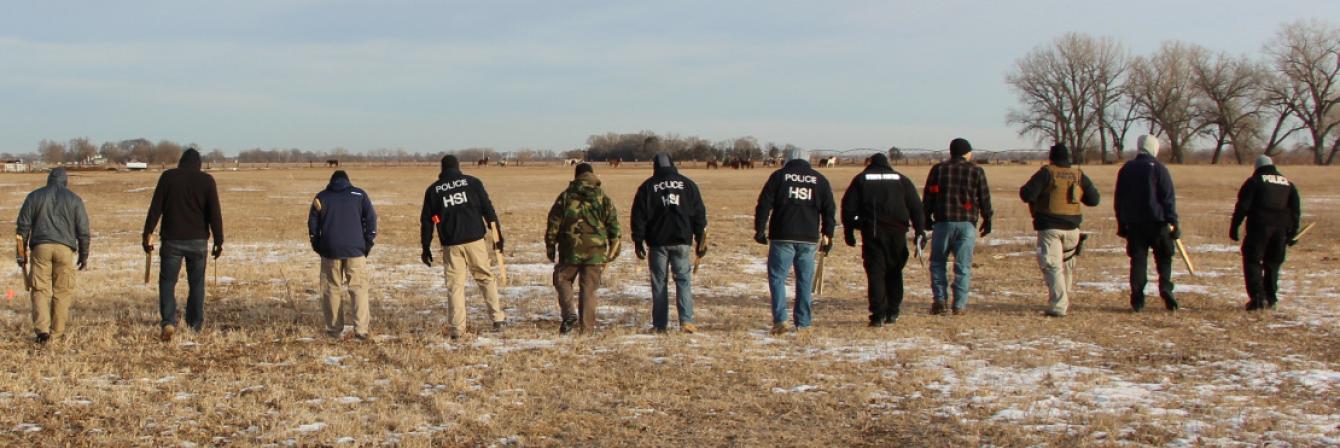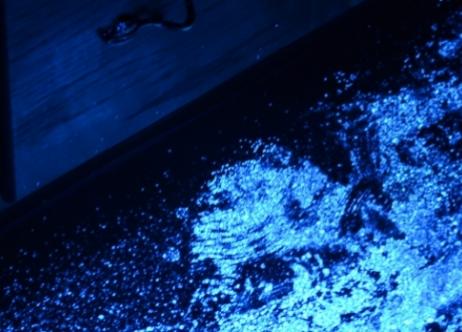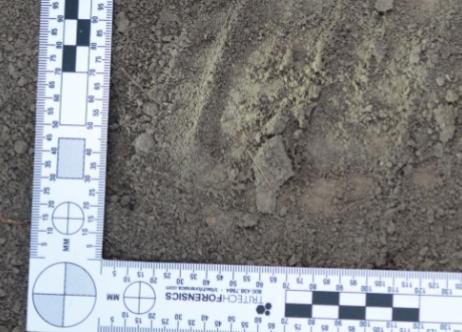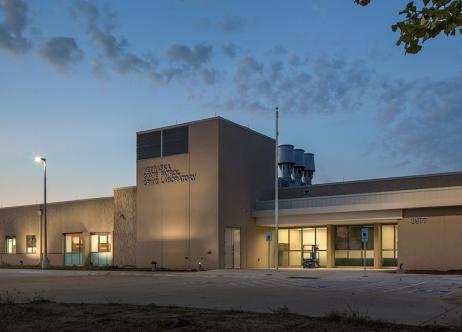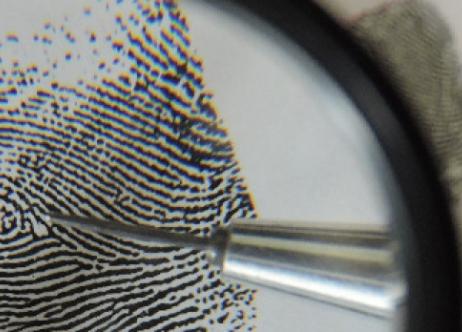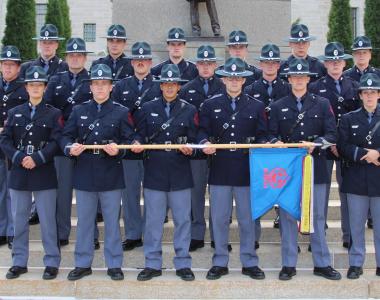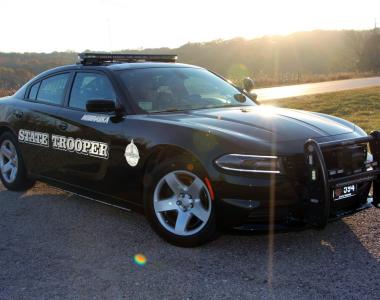Investigative Services
Investigative Services
The Nebraska State Bureau of Criminal Identification was established in 1941 and was the first such state bureau to be established in the United States. The Division of Investigation was established in 1944 and was connected with the Bureau of Criminal Identification. Investigators, when called upon by other officers in the State of Nebraska, assisted in the investigation of crimes committed in any part of the state and in the apprehension of criminals.
The Nebraska State Patrol's Criminal Division was first started in the 1950's when uniformed troopers were assigned to investigate crimes. These troopers continued to perform their traffic duties when they were not committed to an investigation. During the 1960's a move was made by the patrol to assign full time investigators to the newly formed Criminal Division. These investigators were available to assist local police and sheriff's departments in the investigation of crimes ranging from burglaries to homicide. Prior to the full development of the Patrol's Crime Laboratory, investigators were assigned crime vans, which contained many items to perform field testing and preservation of evidence. Currently, officers use more advanced equipment when using one of the agency's five Major Case Unit response trailers housed in troop areas across the state.
The Drug Control Division was created by the Legislature in 1967. Four officers received two weeks training from the Federal Bureau of narcotics in Washington D.C. Two officers were in Lincoln, one in Omaha and one in Scottsbluff. The agency has significantly more investigators assigned to drug work today.
Currently, the criminal and drug units are combined within the Investigative Services Division, which is comprised of approximately 110 sworn officers. Those officers and approximately 90 non-sworn personnel are assigned a variety of duties within the Division. Alcohol/Tobacco/Gaming Enforcement, Auto Fraud, Hazardous Device Technicians (Bomb Squad), Cold Case Unit, Criminal Identification Division, Domestic Violence/Sexual Assault Awareness Coordination, Internet Crimes Against Children and Cyber Crimes Task Force are among the various work groups in the Division. Investigative Services also includes the Nebraska State Patrol Crime Laboratory, The Nebraska Intelligence Fusion Center, referred to as the Nebraska Information Analysis Center (NIAC). The NIAC operates the Nebraska Statewide Crime Stoppers program.
To become an investigator, Troopers must first serve in the uniformed Patrol Division. Selection of investigators is then made from those ranks. These investigators are stationed throughout Nebraska in strategic locations to enable them to respond to emergencies and investigative requests anywhere in the state.
The Investigative Services Division has many tools available to assist them in investigations. Crime scenes are investigated by sworn officers throughout Nebraska using many of the latest technological advancement in evidence identification and collection.
The agency has experienced polygraph examiners stationed throughout the state to support investigative effort of the NSP and local law enforcement agencies.
A priority focus for the division is the advancement of technical crimes investigation; this entails working with agencies within the state and federal government to respond to cyber attacks or intrusions against state and local computer networks which are recognized as critical infrastructure to government.


